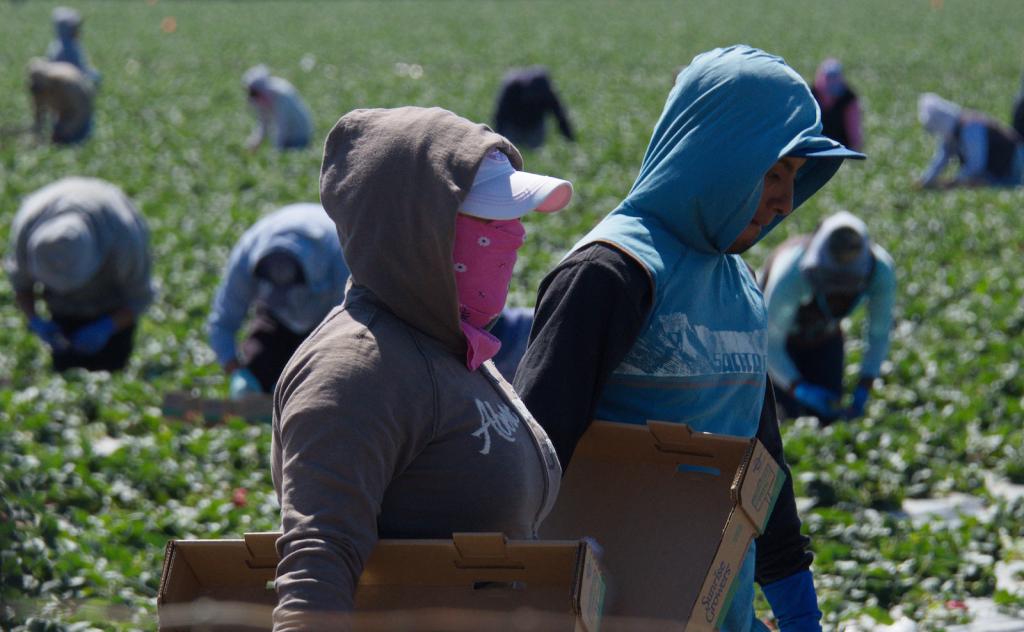This essay was first published in our semi-weekly newsletter, Climate in the Time of Coronavirus, which you can subscribe to here.
Day one of my family’s shelter-in-place lockdown started with the excitement of a holiday. My daughters Josephine, 8, and Jules, 5 — normally slugabeds — were up and dressed before me. They did little victory dances to celebrate that, this time, they were the early birds.
Things were going fine through breakfast, but in the early part of our first experiment in homeschooling, the fractures began to show. I got distracted trying to do my job (as a senior staff writer at Grist) while the kids peppered me with questions. One girl’s attention turned to something more compelling than her lesson. The other wasted no time in tattling. I tried to resolve the squabble without anyone on my Zoom meeting noticing. Minutes slowed, cortisol surged, madness beckoned.
Then came my salvation. While planning our homeschooling schedule, we’d included a half-hour for “outdoor studies.” I announced that the time had arrived, there was a brief hurricane of jackets and boots, and out we went. We searched for edible plants. We listened to see if we could pick out the individual songs of birds. We wet our hands in dewy grass. The fretting faded away.
When you have to stay away from other humans, it’s a good time to get to know your non-human neighbors. After all, it’s safe to get intimate with plants: You aren’t going to catch any coronavirus from wild fennel. The song of a finch, the tender new leaves of a ginkgo, and sour flavor of oxalis stimulate a different part of the brain from the great indoors — especially compared with being online. Instead of getting bombarded with requests and emails and alerts targeted directly at me, me, me, I’m reaching outward. To connect with another species, I have to listen. To do that, I need to quiet myself.
A lot of us climate obsessives started caring about the environment because we noticed that being outside made us feel good. I care more about protecting humans than preserving my outdoor playgrounds, but I wouldn’t be doing this work if I hadn’t been beguiled by the natural world. And so I try to pass it on — both the gift and the responsibility — by spending time outside with my kids.
That morning, we wandered around the little park near our house in Berkeley, waving at neighbors from a safe distance. In California, where we’ve been ordered to shelter in place, the governor said it’s OK to go for walks as long as you stay 6 feet away from other people. Staffed areas in some parks are closing, but most trails remain open. And if you don’t feel comfortable with that, a backyard or even a seat at an open window can do a lot to settle the nerves.
When the girls came back inside, they carried in fistfuls of liquorice-flavored fennel leaves to add to their snack plate, and then quietly opened their workbooks. Our cabin fever had lifted.



